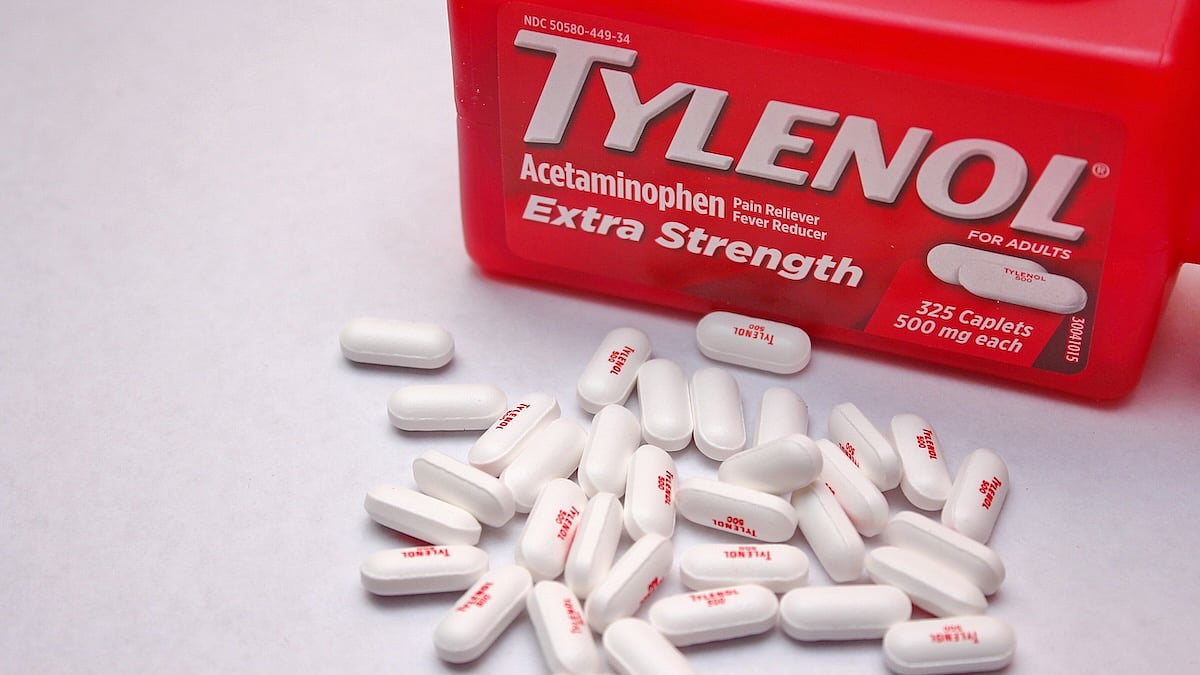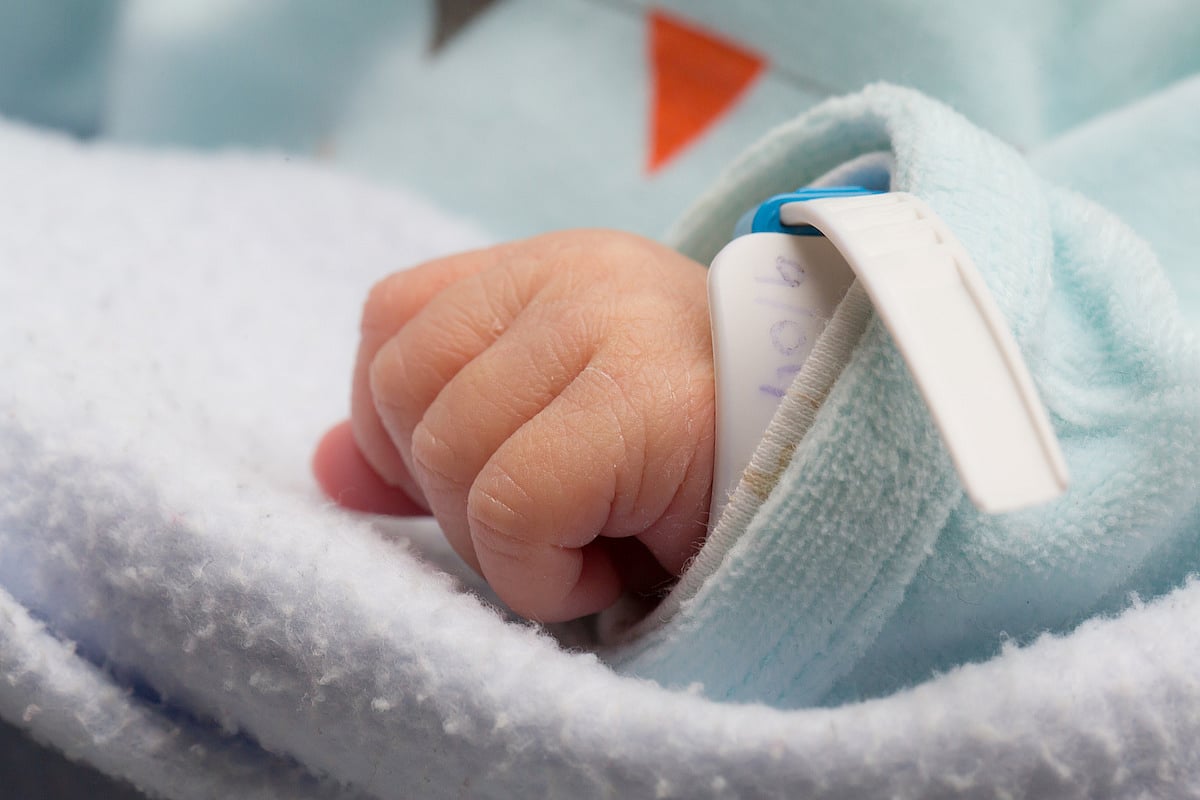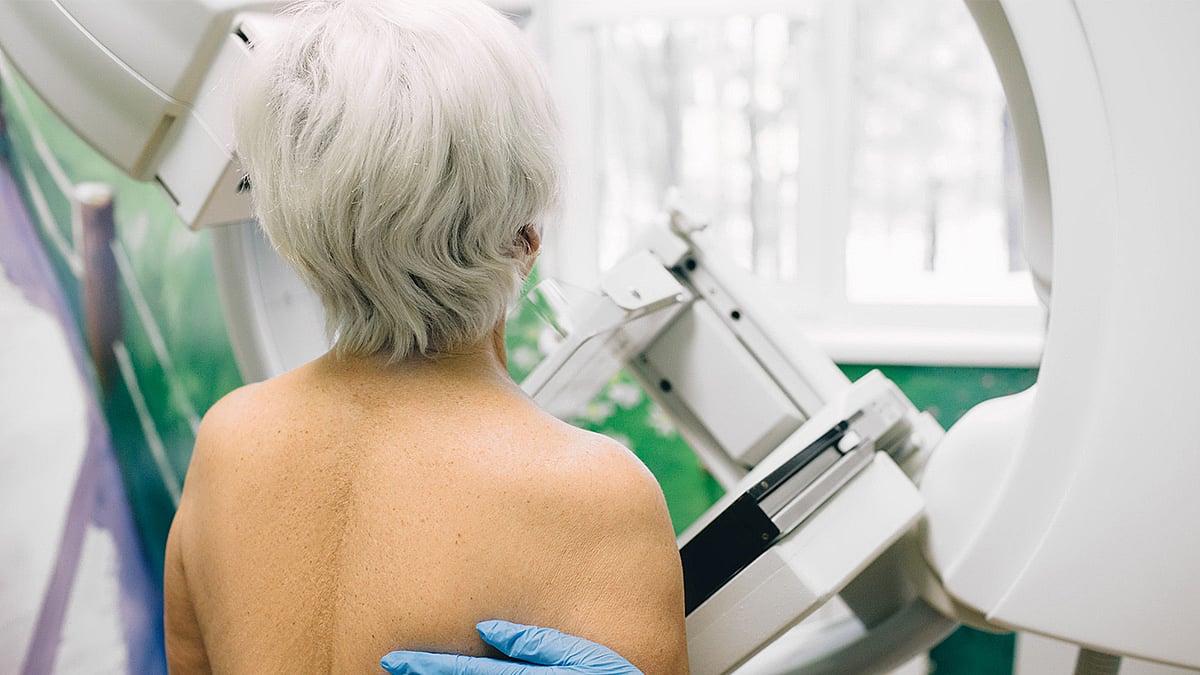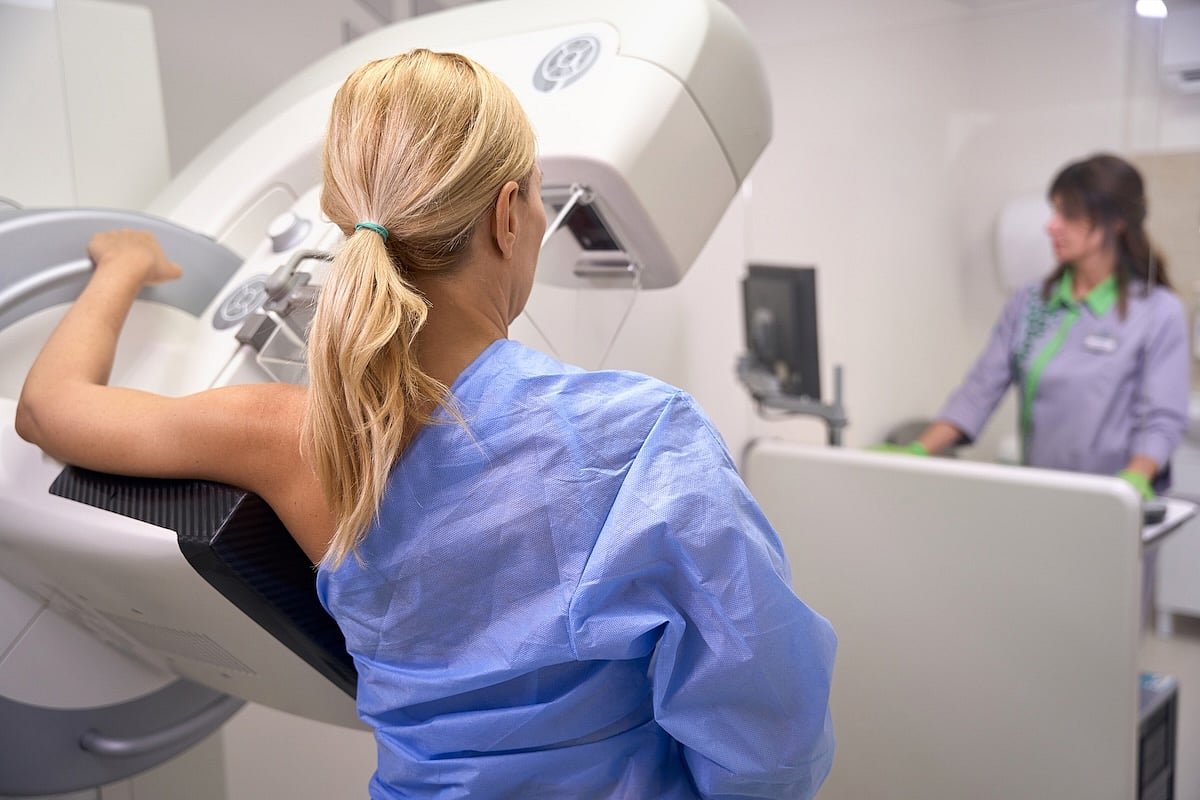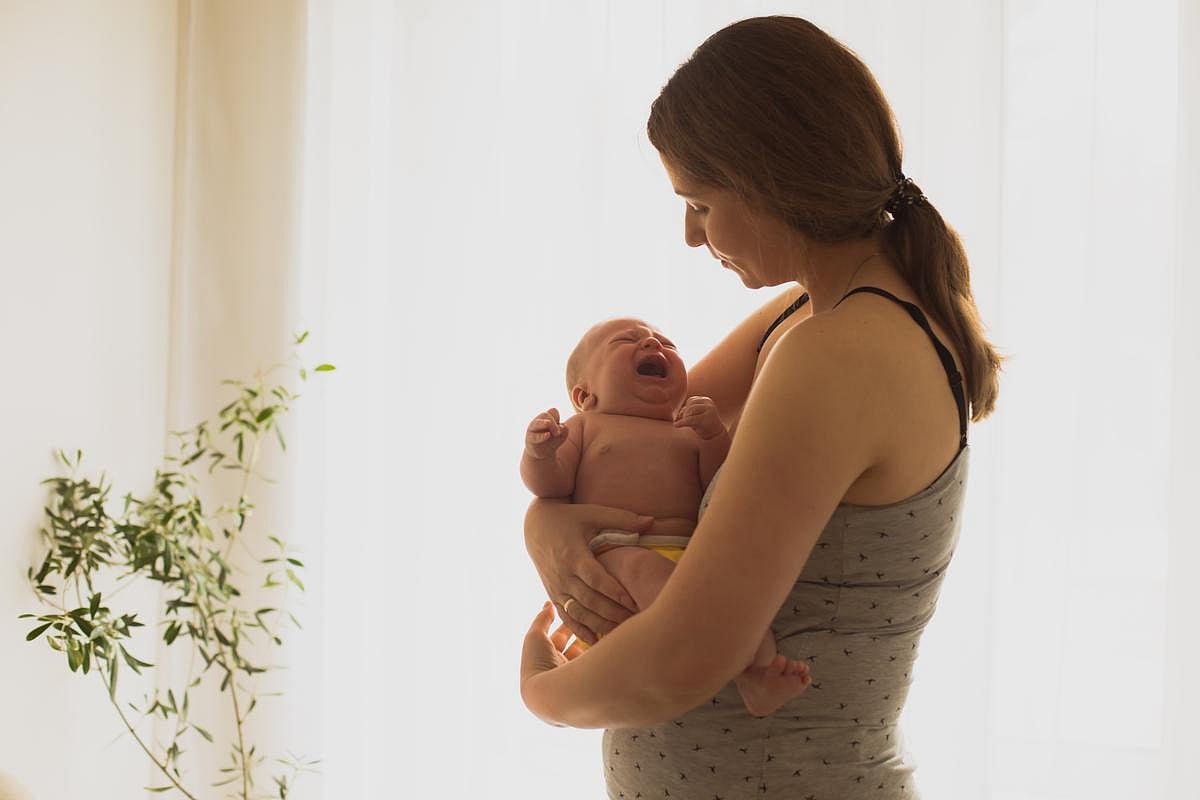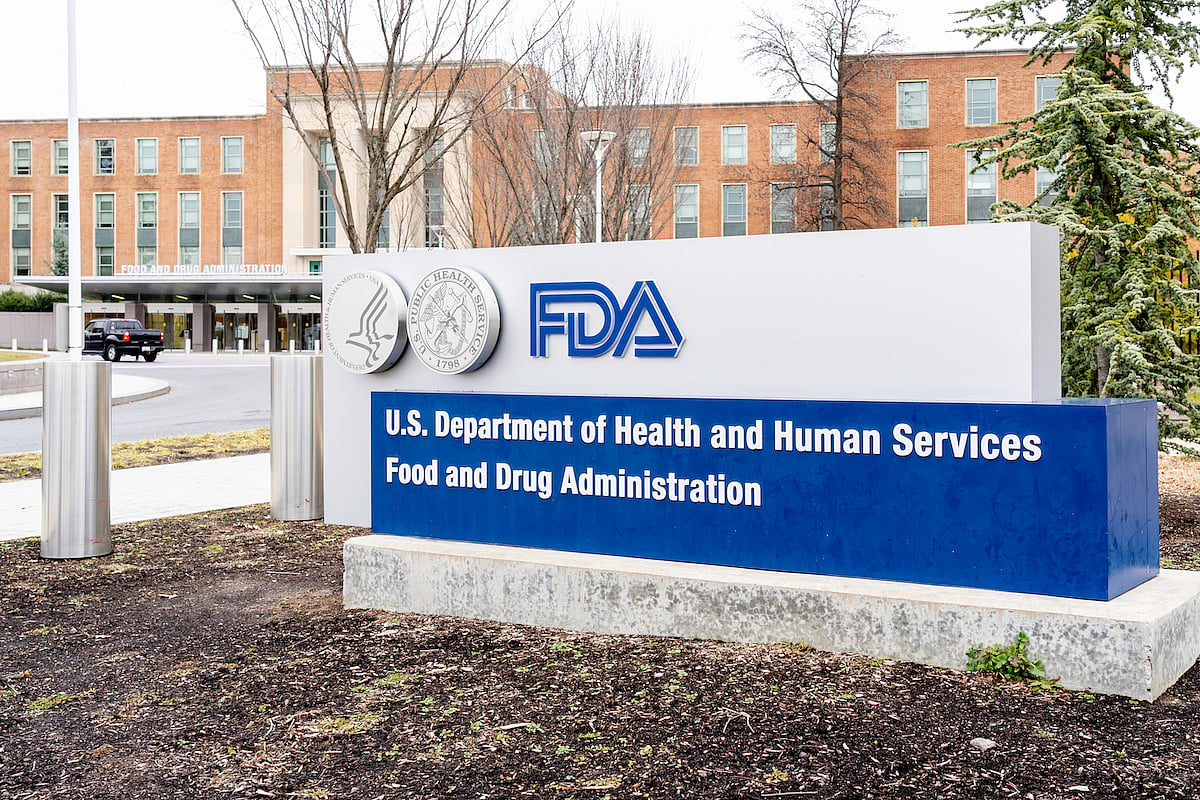
In-home firearm homicides of children and teenagers have more than doubled since 2010, according to a new study. Nearly a quarter of children and teenagers killed by guns died in their own homes between 2020 and 2021, including two-thirds of child victims 12 and under, according to findings published Sept. 26 in JAMA Surgery. These… read on > read on >










